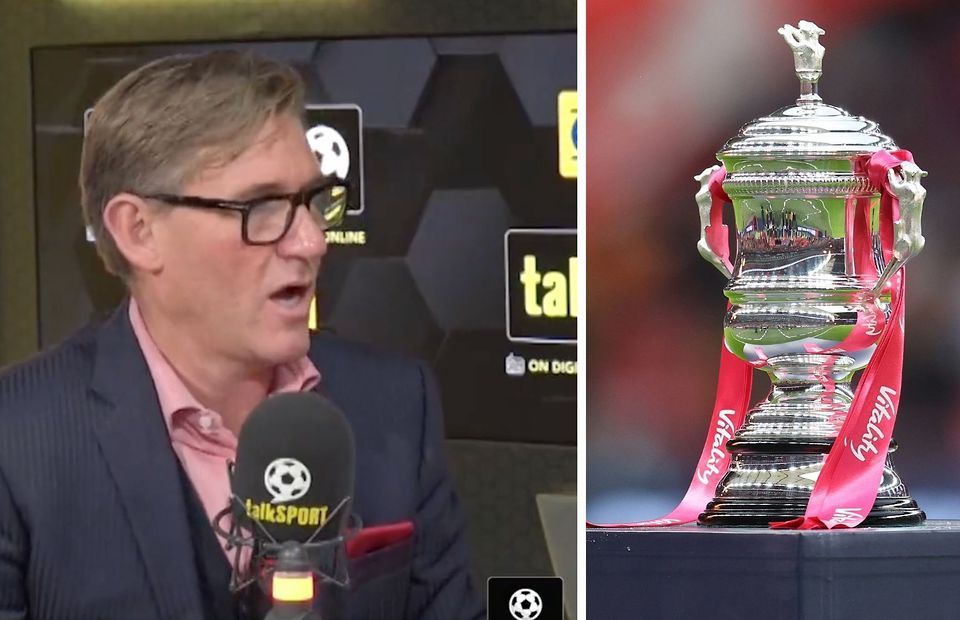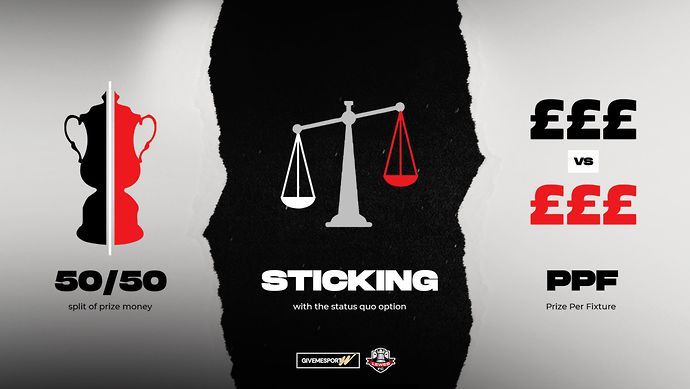With the fourth round of the Women’s FA Cup set to take place this weekend, the issue of the prize money on offer during the tournament is being widely discussed.Last year, Chelsea received £25,000 for winning the Women’s FA Cup. This was just 1.4 percent of the prize money awarded to Leicester, the winners of the men’s FA Cup, who gained £1.8 million.This disparity in prize money is present right from the start of the tournament. In the first round proper, a men’s team could win £22,629. Women’s teams will be given just £850.The matter was discussed on talkSPORT between presenters Shebahn Aherne and Simon Jordan.Aherne argued that the prize money for the Women’s FA Cup should not only be increased, but brought up to £1.2 million as reparations for the 50-year ban on women’s football.Jordan then called her argument "silly", claiming it was "not relevant" to bring up the 50-year ban."It’s not relevant to where we are now," he said. "So, we automatically assume that the quality of the women's game would have brought out the same commercial broadcasting deals as the Premier League, in European football and in world football."Okay, if that's an argument we can substantiate, that's fine. But if we're talking about the here and now…"So what you're asking for is reparations. So let's make reparations across the world. Every time someone was in slavery, we’ll make reparations for that. It's not about reparations, it's about the here and now."
Jordan, an English businessman who bought Crystal Palace in 2000, remaining chairman of the club until it went into administration in early 2010, has been criticised for his comments on Twitter.
The Women’s Football Fan Collective shared a clip of the talkSPORT conversation with the caption: "Here it is… Simon Jordan calling Shebahn Aherne 'silly' for wanting financial recognition of the historic injustice of the sexist ban on women’s football…
"…and then belittling the idea of #Reparations for #Slavery! This is what we’re up against here. Privilege."
Another social media user wrote: "The development of women’s football being halted by a sexist ban does seem quite 'relevant' and not at all 'silly'.
"If someone is calling your argument silly without any evidence or facts to back it up, they’ve probably lost that discussion."
Jordan’s argument was also branded "shameful" and "lazy".
Aherne later commented on the incident on Twitter, posting: "The discrimination (and the ban) against women in football from the FA over the years means there’s a case for compensation.
"The FA cup prize money is a start. Being banned from a sport because you’re a woman is the height of sexism."
To attempt to address the inequality in FA Cup prize money, Lewes FC, the only football team in the world to pay its men and women’s sides equally, have come up with two alternative options for how winnings are allocated.
Both options address not only the disparity in women’s prize money, but also reallocate funds from later rounds to men’s non-league and lower league clubs. Losing clubs in early rounds also get more money.
The first option is a 50/50 split, where the total £16 million prize pot is halved between the men and women’s tournament.
This is the simple solution, but there are currently far fewer women’s teams in the FA Cup than men’s. As a result, it could be argued that going with this option would "overcompensate" women’s teams.
The high amount of prize money on offer may encourage the entry or formation of women’s teams, however, and it could act as "reparation" for the 50-year ban, as Aherne argued.
The second option is Prize Per Fixture, where the same prize money would be allocated for men and women’s teams, per round, per fixture.
So, if a women's team triumphed in the first round proper, they would receive the exact same prize money as their male counterparts – £11,509. The overall winners would both receive £104,632.
This option would only remove £4.5 million from current men’s total prize fund, resulting in a less abrupt equalisation.
Find out more about both options here.





















